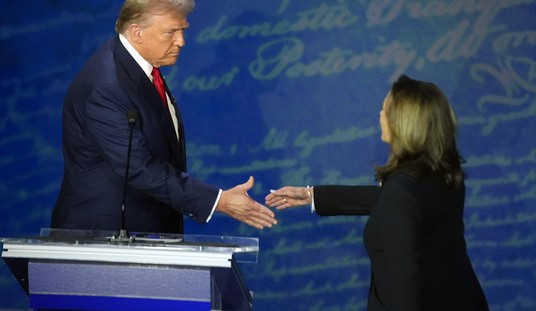In an article for Scary Mommy, writer and former English teacher Karen Johnson expresses her frustration that her local science museum’s gift shop doesn’t offer enough books about women. She describes a fun day at the museum with her son and daughter in which “none of the exhibits or activities were gender-specific” and her daughter eagerly learned just as much about science as her son. But in the gifts shop, only two out of 21 biographies were about women. In a letter to the museum’s director, Johnson explains that she “cannot think of a justifiable reason why there were so few books about strong women who have impacted our world.”
The idea of female representation is not a new one. Books like Women in Science and Bad Girls Throughout History seek to introduce girls to women who were active in fields — like science and politics — that are usually considered male-dominated. In fact, Johnson points out that the series of books offered at the museum gift shop — a very popular children’s biography series called Who Was — has “an entire women’s history section you can order from.” But is this trend of seeking out the one or two women who managed to contribute something (anything!) to a traditionally male field actually as empowering to little girls as Johnson and others like her want us to believe?
If — as is the case — women were historically barred from professions such as science, politics, medicine, etc., it stands to reason that there will be fewer women throughout history who participated (let alone excelled) in those fields. We can feel that the exclusion of women from fields they may have wanted to enter was unfair — as it was — but we can’t really argue that there actually were a bunch of super-secret women who achieved greatness in fields they weren’t allowed to enter that no one has written books about because … of… some… reason no one can think of.
Since women weren’t allowed to enter these fields, that necessarily means that there weren’t a bunch (if any) women in those fields. So, if you’re trying to populate a shelf of children’s biographies on, say, scientists with an equal number of men and women, you’re going to end up with Albert Einstein (who completely changed the way we think about the universe), next to Mary Anning (who collected some fossils). What does this tell little girls about the achievements of women?
Johnson says that the exhibits at the museum she’s complaining about were expertly curated to teach her daughter about “all of the amazing STEM possibilities out there for her.” The museum itself, according to Johnson, was a feminist wonderland (even offering a “Girls and STEM” event which Johnson promptly signed her daughter up for). It was only the gift shop’s literature section that left something to be desired. Surely the fact that Johnson’s daughter is welcomed at a science-themed museum is a perfect example of the progress that has been made in including women in fields they were previously barred from. Time will allow those gift shop shelves to fill with books about the achievements of women in science. But, for now, the majority of scientific discoveries have been made by men. Unfair, perhaps, but true.
Scouring history for women who did anything at all in a male-dominated field so that there can be a few token women mixed in with the men is not an empowering message. The women’s achievements will necessarily be inferior to the men’s. Little girls will compare Albert Einstein to Mary Anning and think, well I guess men are just better at this kind of thing than women. But surely Johnson and others like her want their daughters to think something along the lines of, well I’d better get to work being a super smart scientist so there are more women to write biographies about!
Johnson calls the museum a place where her daughter could learn that “she could be anything she wanted to be, that she could move machines and invent something that could change the world.” So, the books she encountered at the gift shop told her that these ideas are relatively new, but the museum itself (which exists in the present, not the past) told her that the sky’s the limit (and maybe not even the sky). That seems like a pretty accurate representation of things. And surely accuracy ought to be important to the budding scientists of the future.









Join the conversation as a VIP Member